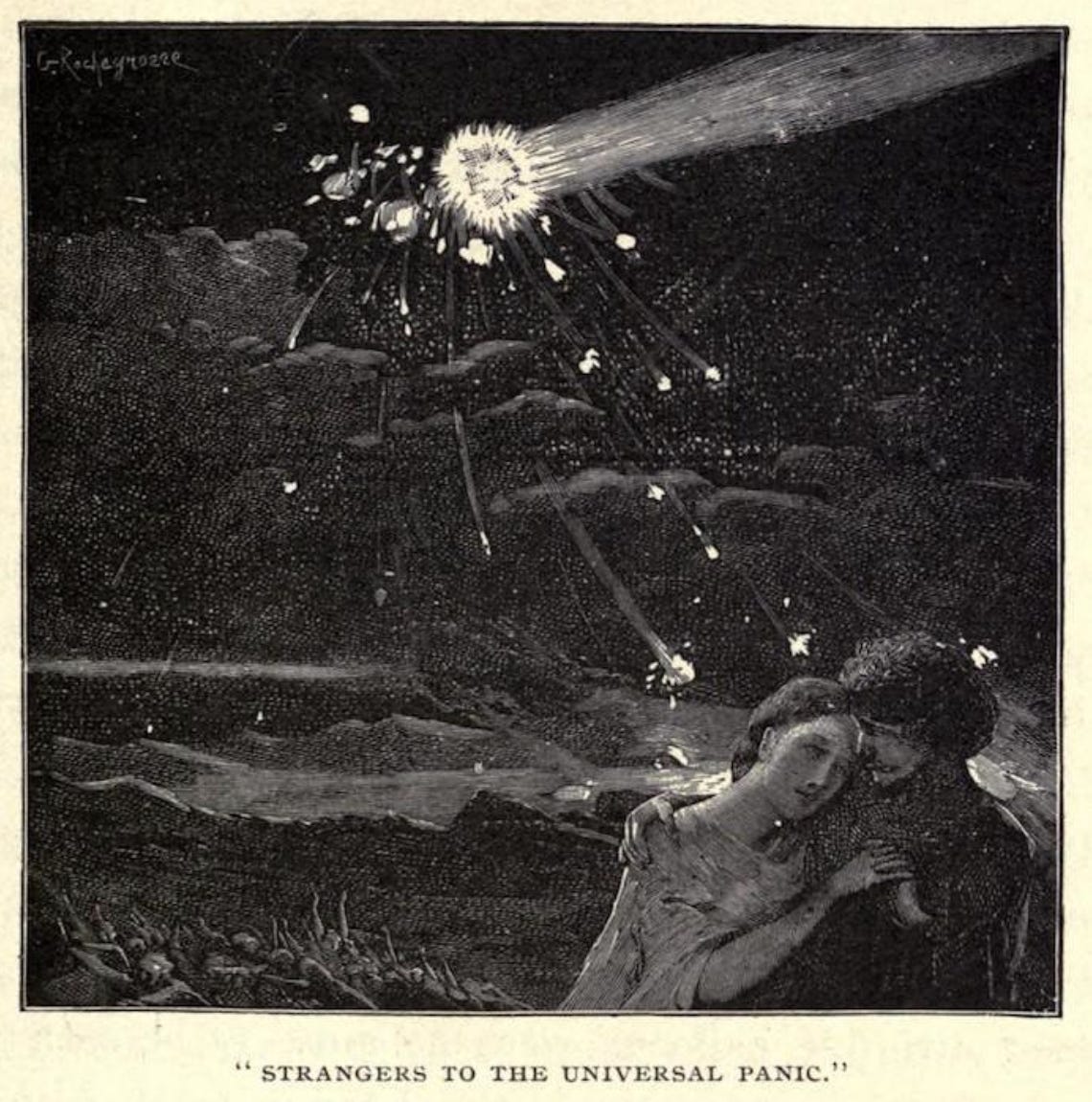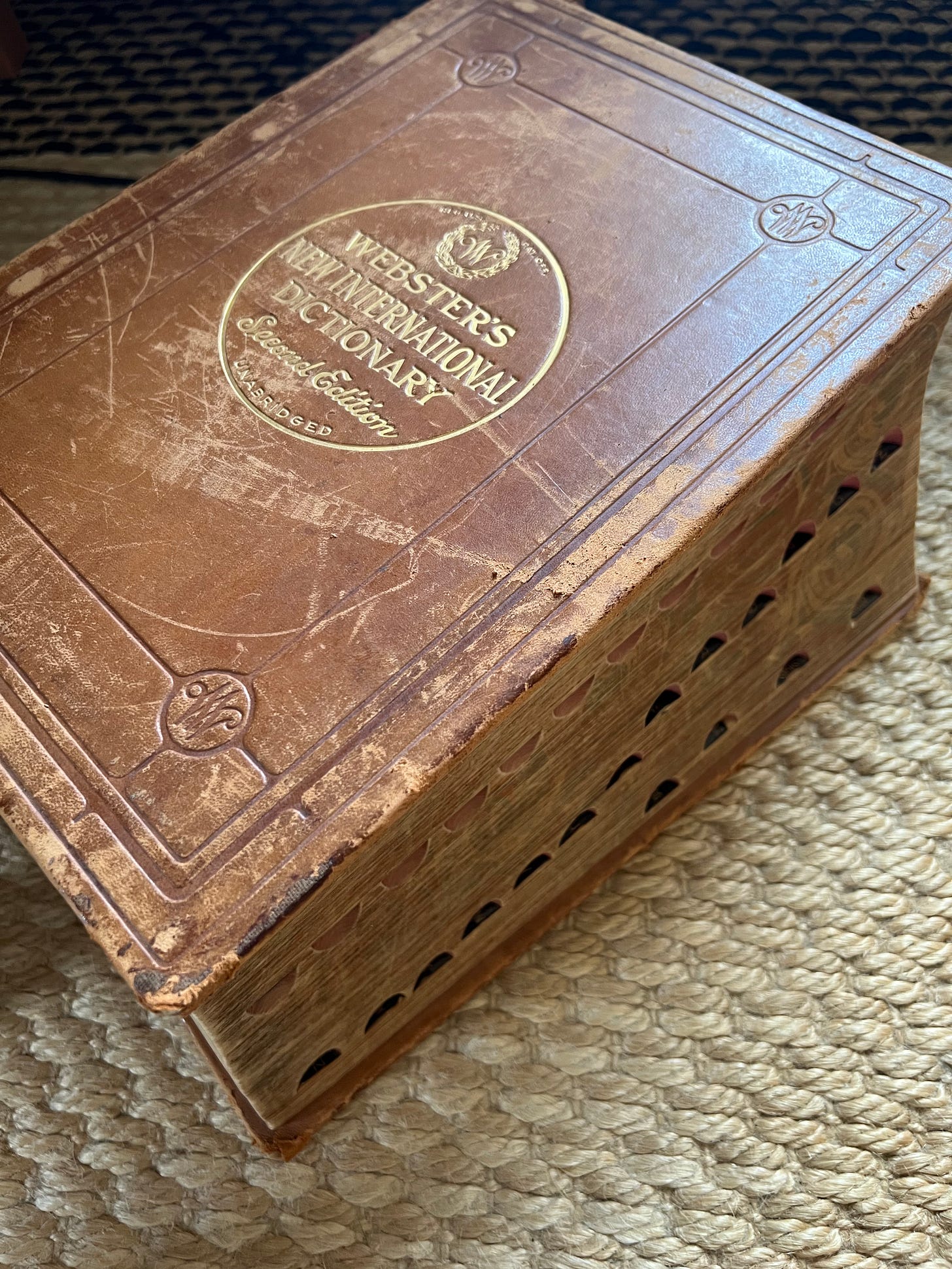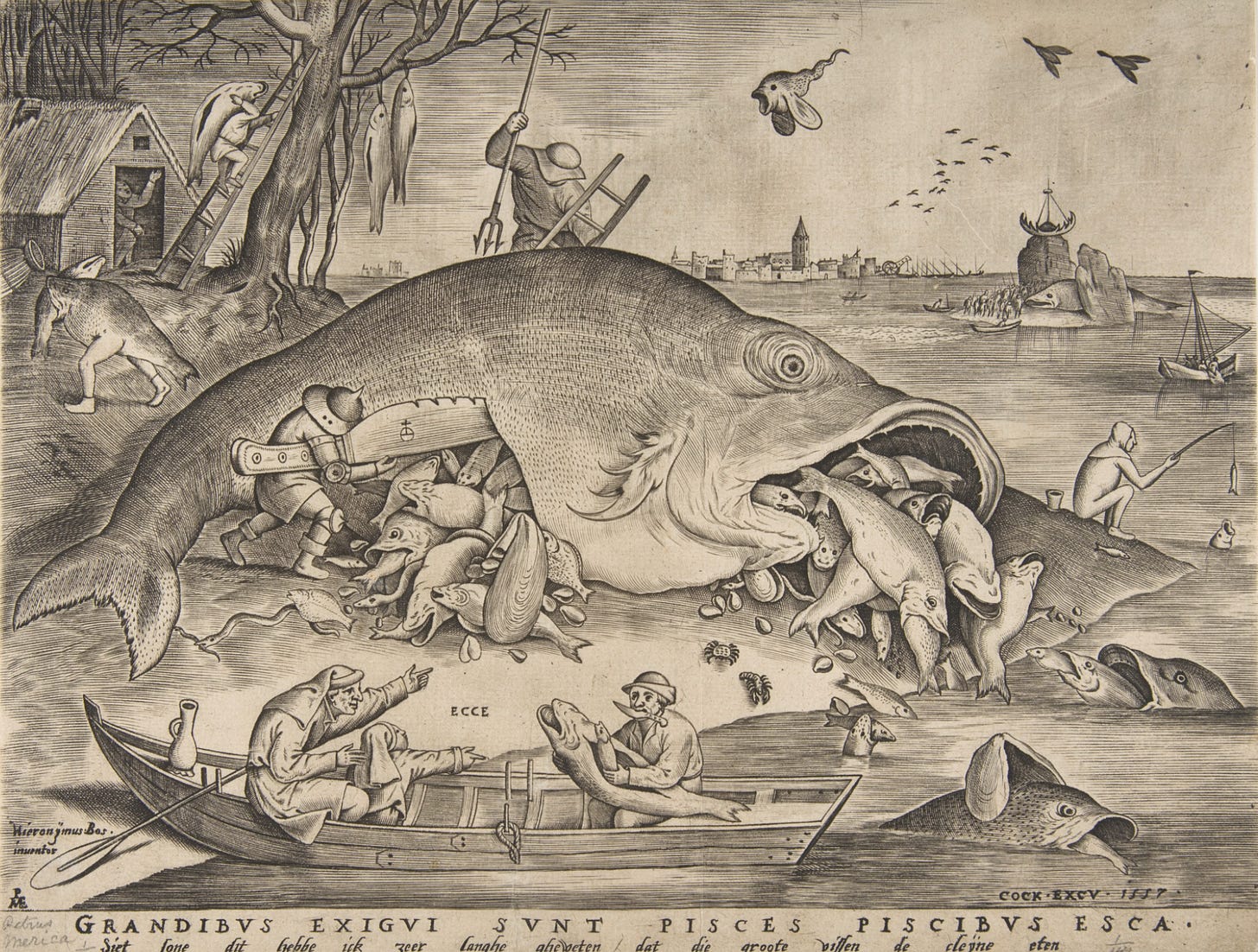to cull
Farming brings with it the gift of life lessons too tangible to ignore. Lessons that never stay within the farm fence lines, but leap over and into all in our lives. There is no haze in farming, no social constructs or polite sensibilities to hide behind. Everything is right there, in your face, demanding you see and participate or pay for your refusal to do so. Nowhere is this more profoundly exemplified than in the act of culling.
The definition of culling in the online dictionary is anaemic. It says something about selecting or handpicking. I had to pull out my tome of a dictionary, the second edition of Webster’s released in 1934. It’s a workout just to lift this mammoth treasure of a book, covered in leather and loaded with the most beautiful images. It told me how a word as important as “cull” was once defined. Here’s what old Webster said: “to gather, pluck, pick”, “to select out”, “to identify and remove culls from (a flock, a herd, etc..)”, “something selected especially as being inferior as a cow from a herd or brashy timber from the sound, small oysters from the large etc..” And then, because dictionaries were once beautiful as well as informative, the definition includes a line from Tennyson, “Whitest honey in fairy gardens culled.”
Of all the farming decisions one has to make, culling seems to be the one most delayed and manipulated, but nothing has more profound an impact on the growth and development of a farm. Of a life, really, but I will get to that in due time. Building our culling muscle serves us, it’s needed everywhere and in everything.
When we started farming, we hand selected a herd of beef cattle and a couple of dairy cows. They were on our land before we were. When you buy animals from other farms, you are not getting their prized beloveds. Oh no, you’re getting what they’re willing to part with. That doesn’t mean every animal you buy will have something wrong with it, but it does mean that they might. And if they’re healthy and robust, it still doesn’t mean that they will work out on your farm. Case in point - dairy cows. What would work for a dairy farm will often not work for a smallholder.
In our search for dairy cows that would work well for us, we bought and have culled over twenty dairy cows over the years. Some came with a virus rampant in dairy cows that we weren’t comfortable with. Some couldn’t make the transition to grass alone. Some were lousy mothers. Some had issues with milk fever and mastitis. Some, early in our farming days, were bought before we understood why A2/A2 milk was desirable (a protein in the milk found in heritage type cattle and now being increasingly sought after by people who once thought they had “lactose” issues). On and on it went. The beef were similar, but with different issues including mothering, weight gain, thriftiness, feet, immune health etc..

It took us many years to get to where we are now. Today, we have animals with robust immune health and a disease-free herd. Good mothers stay, bad mothers don’t. Animals with healthy genetics are bred. Animals that have been problematic, whether that’s temperamentally or otherwise, are culled. It’s been this dedication to evidentiary culling that has been our greatest ally in developing our farm and the health of our animals. But that doesn’t mean it’s easy.
It’s not often that the dairy cow that has health issues also happens to be a total jerk. No, usually there are plenty of wonderful attributes to make up for the problematic ones. Otherwise, where’s the discipline and stretch in there? And it is that discipline that crosses over into all aspects of our lives. From relationships to budgeting to our health decisions, we all need to develop our discernment, especially when layers of emotion muddle our logic.
To cull is to make a decision today that will benefit your many tomorrows. But it’s the decision today part that’s tough. We, as a general lot, tend to put off that hard stuff, pushing grief to our future selves to deal with. It’s not a very kind thing to do and, quite honestly, it’s a great way to lose trust in oneself. Our avoidance of culling on our farm has always delivered a bitter pill to chew on. So bitter that the unpleasantness lingers for a long time. Much longer than making a hard decision in the present to alleviate the exponential growth of the problem that procrastination brings. I’ve been schooled by that teacher and I’ve learned. Because of that, we’ve gotten very good at culling as farmers and, dare I say, pretty good at applying those same principles in our lives.
Culling as life practice.
Vibrant health in today’s world demands discernment. The abundance of pseudo offerings masquerading as food means that everyday we are called to select what nourishes over what’s quick and convenient. What nourishes often takes more time and effort. We are at a veritable smorgasbord of endless, tasty, poisonous offerings. Many of them will feel good in the moment, but few will bring us the clarity of mind and strength of body that we need to carry our ‘tomorrow selves’ around with ease. So, we cull. We identify what brings us closer to the type of lives we want to live and we get rid of the refuse.
It’s the same framework overlayed across every part of our lives.
The last two years have served to blow away the chaff and expose many of our relationships in a way that’s easy to gloss over when hardship is absent. So many of us have gone through incredible challenges and eye-opening revelations. Of course, having difficulties in a relationship doesn’t mean we through them away. Difficulties allow us to expand and grow. However, there are also relationships that leave the realm of “challenging” and cross into firm “destructive” territory. For us, there’s always room for dissent and different opinions and beliefs, but when that turns into disrespect and hostility with an unwillingness for the other to find common ground, there is nowhere to go. We have ended relationships in these types of scenarios. Never without attempted efforts at resolution, but always with an eye on the effects of such interactions on our health, peace of mind, and lives in general.
And while we’re talking about relationships, let’s talk about the longest running one we have - the one with ourselves. The culling of ourselves, everyday, bit by bit, brought on by consistent observation. How do we know what is serving us and our loved ones if we don’t sit with silence and honestly face what we are bringing into the world. We need to make time for the still. We need to make time for prayer and meditation and contemplation so that we can open ourselves to what we are doing that is bringing us closer to the people we want to be. Or, are we moving further away? And in the case of the “further away”, we cull away the habits and practices that are not serving us and replace them with those that will. Lest we breed habits into a perpetual way of being.
I still don’t like culling animals on our farm. I am happy to cull practices because there’s little emotion tied to a garden or the compost or whatever we’re talking about, but culling animals is a load I carry alone. I make that decision on our farm and it’s a heavy one. But I take it seriously and I’m devoted to the outcome in order to better the whole. In every decision a gem of possibility for something sweeter. I hold that right along with the weight of choosing who lives and who dies. I’m attached to all of our animals. I’m also attached to all of my habits and ways of being.
So, we cull. We cull our expectations. Cull illusions of safety and security. Cull charades of permanence and fairytales of an outside caretaker. Cull with the stern love of someone who knows what’s best for you. Trim it away knowing that with everything that goes, there is space to create. Room for the light to shine in on the germinating seeds. It can sting, cause disruption, but don’t use that as a barometer for whether something is right or not. Long term vision, folks.
So, a question then. What are you cultivating for your tomorrow with the decisions your making today?
Paid subscribers can listen or download the narrated version of this essay here.






I culled alcohol from my life 2 months ago. A series of events, none of them bad or embarrassing necessarily, though there have been plenty of those throughout my career with it, revealed to me that drinking wasn’t helping me towards any of my goals. It wasn’t helping my family financially. It wasn’t making me a better dad or husband. It wasn’t helping me achieve my health and fitness goals, nor was it helping me with my career. So after 20ish years of it playing a consistent role in my 39 years I stopped.
All of this!!! Your words right here!!!
"The last two years have served to blow away the chaff and expose many of our relationships in a way that’s easy to gloss over when hardship is absent. So many of us have gone through incredible challenges and eye-opening revelations. Of course, having difficulties in a relationship doesn’t mean we through them away. Difficulties allow us to expand and grow. However, there are also relationships that leave the realm of “challenging” and cross into firm “destructive” territory. For us, there’s always room for dissent and different opinions and beliefs, but when that turns into disrespect and hostility with an unwillingness for the other to find common ground, there is nowhere to go. We have ended relationships in these types of scenarios. Never without attempted efforts at resolution, but always with an eye on the effects of such interactions on our health, peace of mind, and lives in general."
I was thinking about this yesterday and wondering, are we just supposed to forgive for they know not what they have done? After replaying all the scenarios in my head, I determined I would just move on. We tried reconciling many times over two years. For my sanity and safety, what is culled is culled.